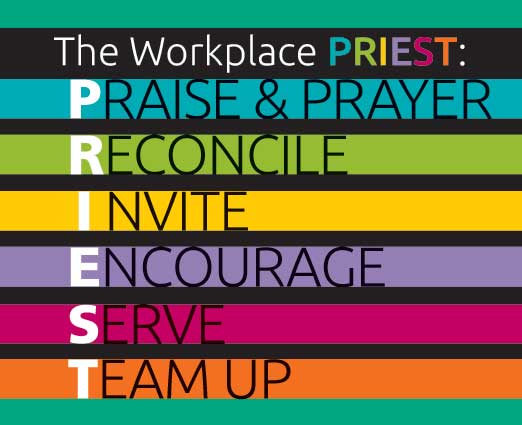Pursuing Partnership: 5 Needed Conversations

Conversation #2 – Theology Matters

By Dr Rob Dixon drrobdixon.com
Together in Ministry: Women and Men in Flourishing Partnerships, IVP
This article is part of the series Pursuing Partnership: Men and Women in Ministry.
This is part 3 of a five-part series of articles that lay out crucial conversations that communities can have in pursuit of a ministry workplace marked by thriving partnerships between women and men. The five conversations include story, theology, culture, boundaries, and representation.
A second conversation that communities can pursue as they seek to form flourishing mixed-gender ministry partnerships is theological in nature. Done correctly, theology should help us interpret the world around us. Because of this, theology matters, whether we’re talking about individuals or groups.
And when it comes to women and men in ministry partnerships, theology is absolutely crucial. How we think theologically about partnerships will in many ways dictate what shape partnerships will eventually take in our communities. With this in mind, I want to encourage communities to open up a theological conversation, and I have two recommendations in this area.
First, a good place to start is with any existing theological statements or papers. Does your community have one? Do you know what it says?!? As I’ve been consulting with communities over the last couple of years, I’ve realized that even if a community has an articulated theological position on women in leadership or women and men in partnership, it’s not always the case that people are aware of it! Leaders can make space for their communities to read and reflect on any existing statements, corporately discerning whether those previously-articulated statements accurately describe a group’s theological position.
Second, if a community does not have an articulated position, or if an updated position seems warranted, I recommend starting a process where a community opens the Scriptures on the topic of women and men in partnership. I’ve done some thinking about what healthy theological exploration processes could entail; consider the following parameters:
- Unhurried. In a fruitful process, there is plenty of time for folks to grapple with the text and its implications.
- Safe. Talking theology doesn’t have to be a debate! Safe processes include clear expectations and parameters around the process.
- Well-led. Sessions are led in a way that makes space for the Spirit’s presence to be evident.
- Well-resourced. Any outside sources are well-vetted and represent a variety of perspectives.
- Bible-centered. Reading books and articles about a theology of women in leadership or women and men in partnership is fine, but leaders should make sure their groups spend time in the actual text and its context!
- Communal. Everyone can have their say, and the group benefits from the perspectives and insights of others. Again, a theological conversation doesn’t have to be a debate!
- Curious. Seminars or lectures have their place. But ideally, there is room for learner-guided questions and exploration.
- Honest. In particular, the group is clear about what will happen at the end of the study if there is theological disagreement.
How we think theologically serves as a foundation in so many areas of our lives, and so it should be as we seek to build a ministry workplace marked by flourishing mixed-gender ministry partnerships. Don’t skip this second conversation!
Register now for the full MissioNexus ‘24’ Workshop on “Pursuing Partnership,” March 21-22, in Kansas City hosted at Avant Ministries.
This article is submitted by Wendy Wilson of Missio Nexus and of Women’s Development Track. Women’s Development Track is a Missio Nexus member. Member organizations can provide content to the Missio Nexus website. See how by clicking here.






Responses